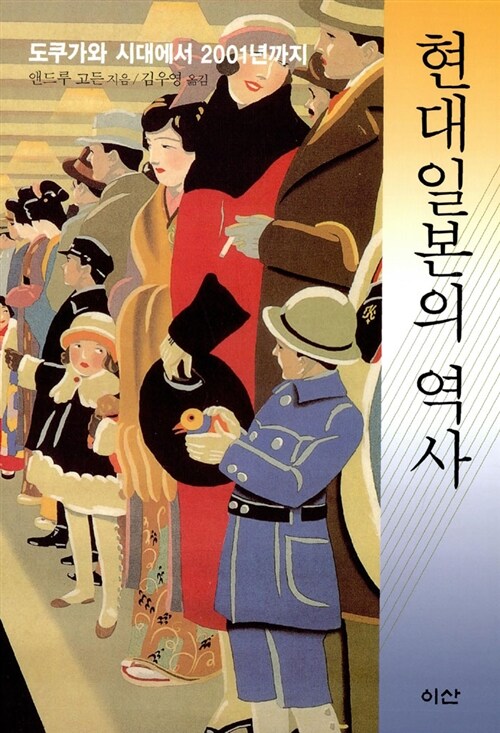
Japan’s Imperial Army: its rise and fall, 1853-1945
- 개인저자
- Edward J. Drea
- 발행사항
- Lawrence, Kan. : University Press of Kansas, 2009
- 형태사항
- ix, 332 p.: ill., maps, plans ; 25 cm
- ISBN
- 9780700616633
- 청구기호
- 913 D771j
- 서지주기
- Includes bibliographical references and index
소장정보
| 위치 | 등록번호 | 청구기호 / 출력 | 상태 | 반납예정일 |
|---|---|---|---|---|
이용 가능 (1) | ||||
| 1자료실 | 00012773 | 대출가능 | - | |
- 등록번호
- 00012773
- 상태/반납예정일
- 대출가능
- -
- 위치/청구기호(출력)
- 1자료실
책 소개
This first comprehensive English-language history of the Japanese army traces its origins, evolution, and impact as an engine of the country's regional and global ambitions and as a catalyst for the militarization of the Japanese homeland from mid-nineteenth-century incursions through the end of World War II. Demonstrating his mastery of Japanese-language sources, Drea explains how the Japanese style of warfare, burnished by samurai legends, shaped the army, narrowed its options, influenced its decisions, and made it the institution that conquered most of Asia. He also tells how the army's intellectual foundations shifted as it reinvented itself to fulfill the changing imperatives of Japanese society--and how the army in turn decisively shaped the nation's political, social, cultural, and strategic course.
Drea recounts how Japan devoted an inordinate amount of its treasury toward modernizing, professionalizing, and training its army--which grew larger, more powerful, and politically more influential with each passing decade. Along the way, it produced an efficient military schooling system, a well-organized active duty and reserve force, a professional officer corps that thought in terms of regional threat, and well-trained soldiers armed with appropriate weapons.
Encompassing doctrine, strategy, weaponry, and civil-military relations, Drea's expert study also captures the dominant personalities who shaped the imperial army, from Yamagata Aritomo, an incisive geopolitical strategist, to Anami Korechika, who exhorted the troops to fight to the death during the final days of World War II. Summing up, Drea also suggests that an army that places itself above its nation's interests is doomed to failure.
This book is part of the Modern War Studies series.


